Recently updated on March 5th, 2025 at 05:53 pm
So you’ve probably heard the mantra ‘Reduce, Reuse, Recycle’, and know how to reduce your waste at home – but what about when you travel? It’s easy to fall into the trap of disposable food containers and plastic water bottles when we travel – but it’s just as easy to make new greener habits on our trips. To celebrate Keep Australia Beautiful Week from 17-23 August, here are 7 simple ways to reduce your waste while travelling.
And remember – being an eco-friendly traveller may take a little work, but if it helps preserve our beloved destinations for centuries to come, it’s all worth it.
1. Go for reusable containers
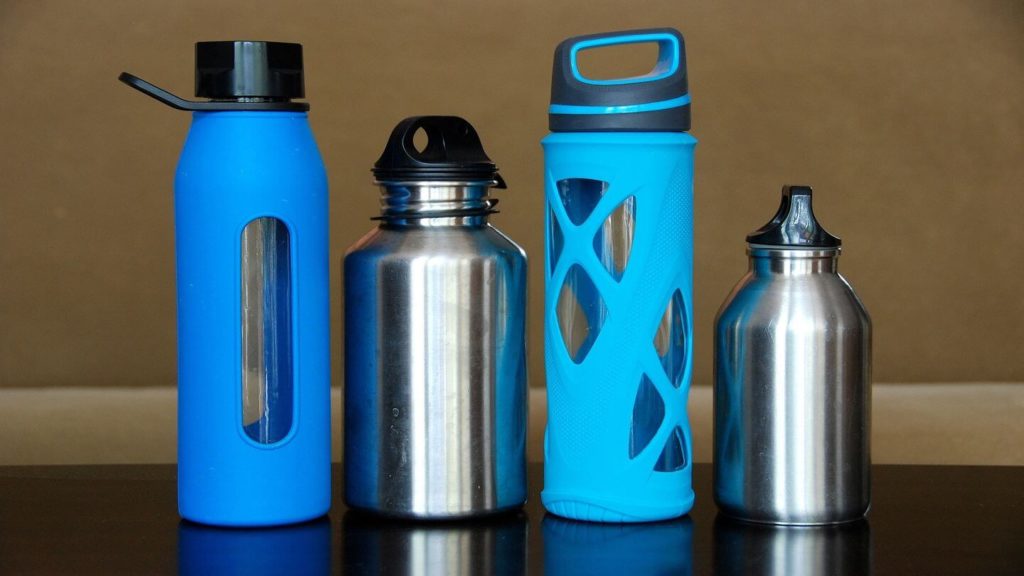

Single-use plastics such as bags, bottles, straws, utensils and wrappers are incredibly damaging for the environment. They take centuries to break down, and before they do, they release toxic chemicals into the land or end up in the stomachs of animals, causing great harm to many precious species.
Plastic is everywhere too. A recent study even found a plastic bag in the Mariana Trench – the deepest point in the ocean – at a whopping 10,975 metres beneath the ocean’s surface. Of all the debris found in the trench, 89 per cent were single-use plastics like water bottles and disposable utensils.
Travellers contribute to a big chunk of this plastic waste. The good news is that you can easily take steps to drastically minimise this. One of the best ways to reduce waste is to use reusable containers like canvas or cotton bags, reusable coffee mugs and water bottles, food containers, straws and utensils.
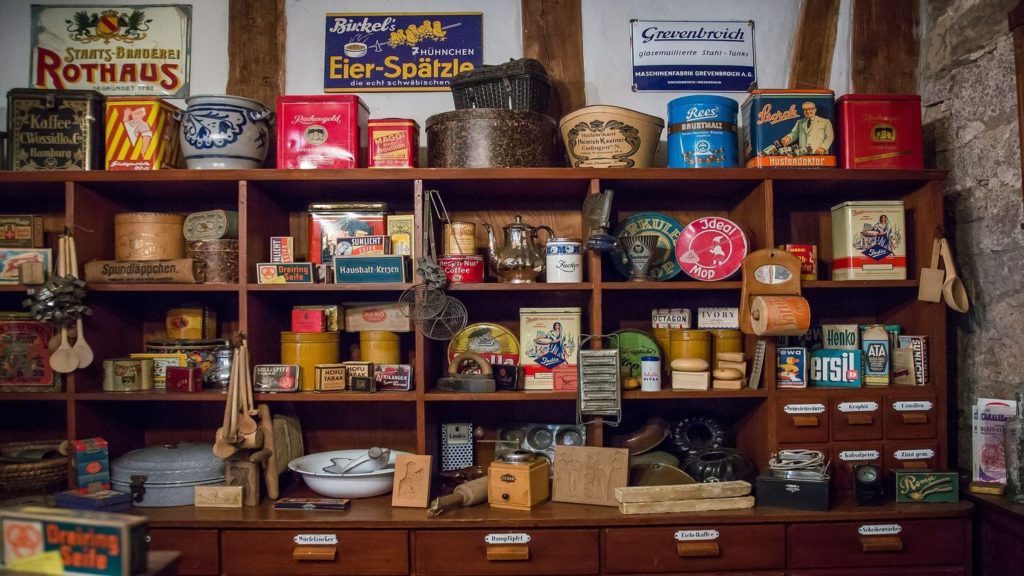

Get in the habit of always bringing a small reusable bag with you so you never have to accept a plastic bag from a store, and if you’re buying souvenirs, try to avoid any plastic wrappers.
As for drinking water, always try to refill your own bottle. If you can’t drink the tap water in your destination, look for water refill stations in hotels, restaurants and airports. Not only will you be reducing waste, but you’ll also be saving some money with these tips!
RELATED CONTENT: 7 ways to reduce your environmental impact when you travel with Trafalgar
2. Swap out your toiletries for zero waste alternatives
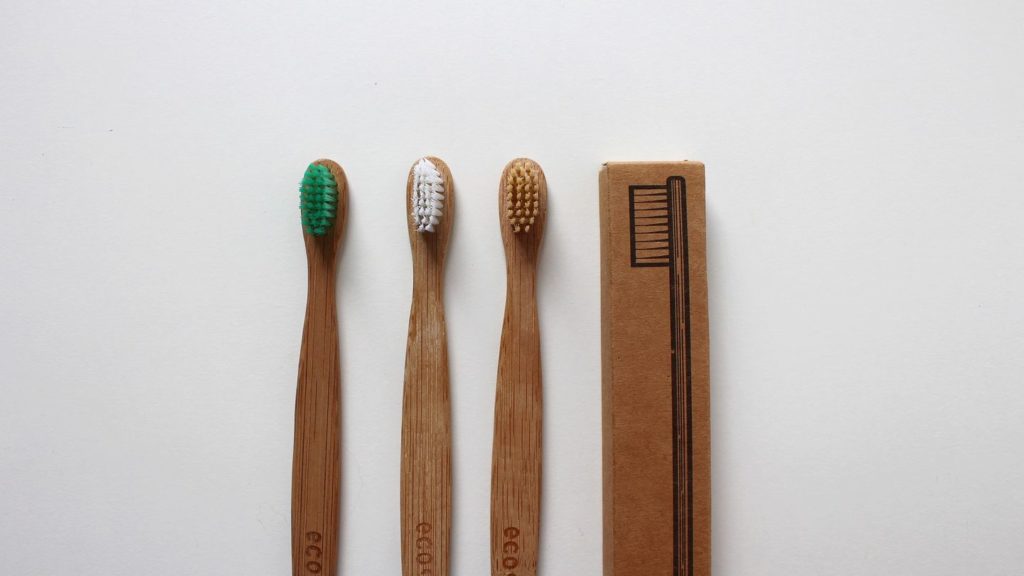

Do you carry a lot of toiletries when you travel? Shampoo, shower gel, moisturiser, toothbrush, toothpaste, deodorant, razors, skin products, makeup and more… it all creates a lot of waste that ends up in landfill or the ocean.
Many products, like scrubs and toothpaste, are also filled with tiny, harmful microplastics or microbeads that end up in the ocean and are easily absorbed into the food chain, so do yourself – and the environment – a favour by looking for plastic-free and zero waste alternatives for your essentials.


Here are some of the best ways to reduce waste with our toiletries:
- Buy some travel-sized bottles and refill them with your liquids like shampoo, shower gel, facewash, sunscreen and skincare products every time you travel.
- Better yet, get into bars! You can buy solid soap bars, shampoo bars, deodorant bars, toothpaste tabs and more. They last longer, use natural ingredients, are spill-proof, multifunctional and easy to get through airport security. Plus you can buy them without plastic packaging.
- Use biodegradable, non-toxic bamboo toothbrushes instead of plastic ones (you can also use bamboo cutlery).
- Use an all-metal, no-plastic safety razor and recycle the stainless steel blades.
- Avoid buying disposable products like q-tips, tissues, disposable razors, face wipes and cotton pads.
3. Choose walking, cycling and public transportation first
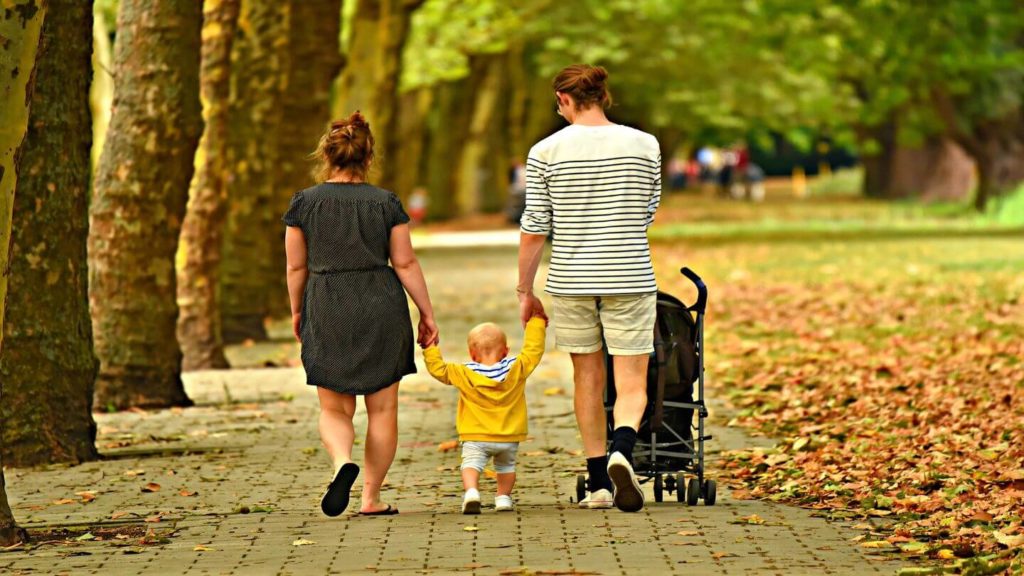

From planes to cars, buses and trains, travelling generates a lot of harmful carbon emissions. The best way to reduce your waste and minimise your carbon footprint is to walk or cycle. It puts out zero emissions and it’s good for you. Plus, you’ll get an incredibly immersive travel experience – you never know what hidden gems you’ll stumble upon as you stroll around.
However, walking or cycling is not always ideal, especially if you’re not able to walk long distances, the weather isn’t great for walking, or you’re visiting an area that isn’t pedestrian-friendly. Sometimes you want to fit as much into your day as possible when travelling and you can’t reasonably walk or cycle everywhere.
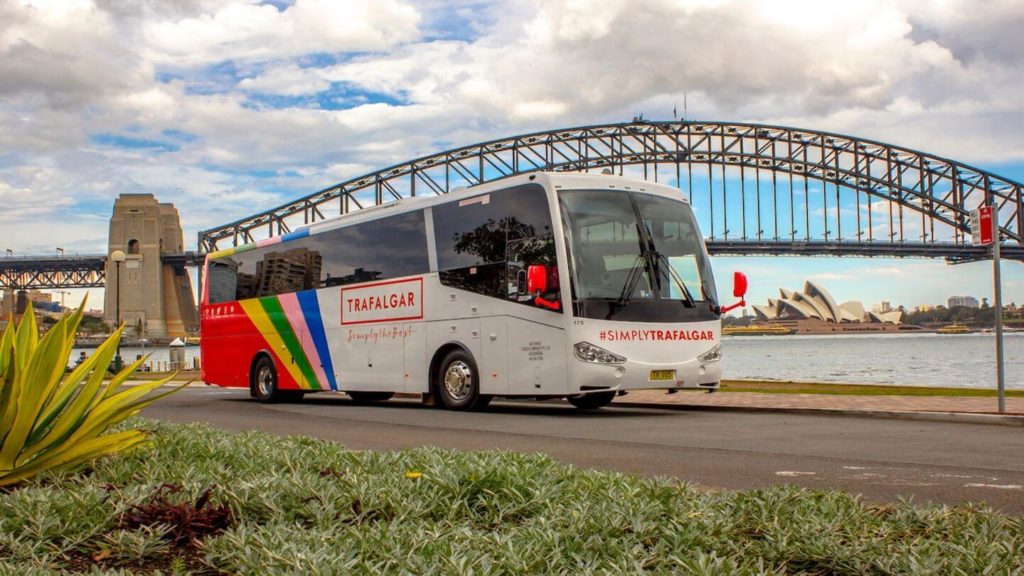

In this case, the next best option is to take public transport like buses and subways, rather than private taxis. You’ll save money and spare the pollution, plus you’ll still get a more authentic travel experience. You can also join a tour and go by coach – it’s one of the greenest ways to travel.
RELATED CONTENT: Car vs coach – you can reduce CO2 emissions by travelling with Trafalgar
4. Be mindful of your consumption
There are ways to reduce your waste at almost every stage of your trip, from packing your suitcase to spending the night in a hotel – you just have to be conscious of your consumption.
The easiest ways to reduce waste and save energy are turning off the lights when you’re not using them, turning taps off tightly, having quicker showers, layering up instead of using the AC, when possible. Put up the no housekeeping sign so your linens don’t get washed every day.
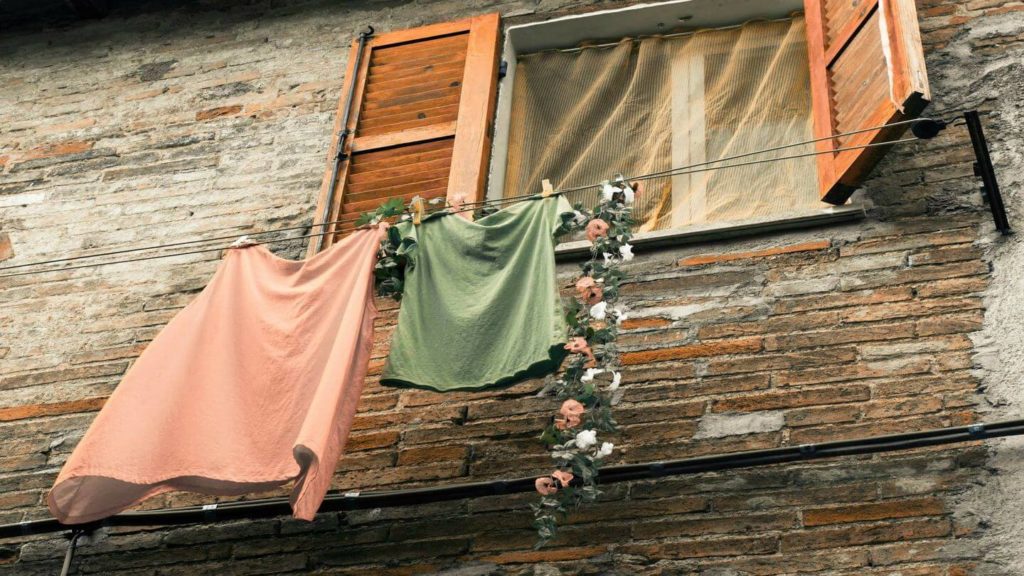

Minimise your need to wash your clothes by packing smart. Aim to bring clothes that are easily washed and dry quickly in the air so you don’t need to use the clothes dryer. You can also buy odor-resistant clothes and fabrics that are actually compostable once they reach their end. Try to avoid buying synthetic clothing that releases microplastics with every wash, and often end up in the ocean.
As for your electronics, you can buy solar rechargeable batteries and power banks. That way, you don’t have to use toxic disposable batteries or keep draining electricity to charge your gadgets.
5. Seek out zero waste dining
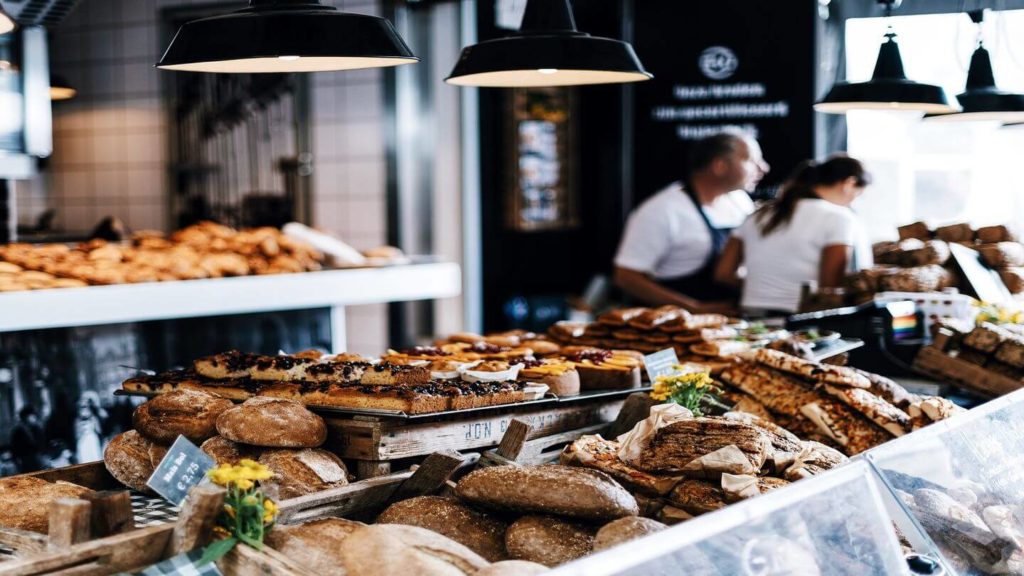

Whenever you travel, it’s best to think local. Head to farmer’s markets to score the best seasonal produce and local artisan crafts, cafes for home-brewed beans, microbreweries for local brews, and farm-to-table restaurants for home-grown food.
One of the best – and most delicious – ways to reduce waste when eating on your travels is simply to sit down at restaurants and eat off reusable plates and silverware. You won’t encounter any nasty plastic disposables, plus you’ll be supporting locally-owned businesses.
Aim to seek out food establishments that use recyclable or compostable food containers, utensils and napkins, so you can support their good work and encourage others to do the same.


When trying street foods or takeaway food, say no to extra napkins and plastic wrappers and containers. Instead, keep some reusable napkins, straws, cutlery and containers in your bag that you can wash later and use again. Whatever you do, don’t get anything in styrofoam!
Also, don’t forget your waste-free tips when you’re in the air! Avoid all that plastic waste on airplanes by bringing your own snacks, saying no to single-use napkins, cups and straws, and bringing a reusable water bottle to refill during the flight. Another quick flight tip: Bring your own headphones and blanket so you don’t have to purchase their plastic disposables.
6. Shop ethically
If you find yourself craving a little retail therapy on your travels, the best way to reduce your waste is to support ethical, sustainable stores. Always avoid fast fashion (which exploits workers and produces tons of waste), and instead turn to local businesses.


Seek out stores that sell locally-made wares, promote reusable bags and eco-friendly products and reduce their plastic use. Your purchases will not only support the community, but also the planet.
You can also download the Good On You app, which rates brands based on their ethical practices including how they impact their workers, the environment and animals. Not only will you see how your favourite brands stack up, but you’ll also discover incredible new brands to support.
7. Go paperless


Who needs paper waste? As long as you’ve got a smartphone, there’s no need to print your itineraries or tickets anymore. You can save your travel itinerary to your device and use e-tickets for almost everything including flights, trains, buses, concerts and theatre shows.
Start with your travel documents with Trafalgar – we’ve partnered with One Tree Planted through JoinTrafalgar to plant one tree for every guest who uses our travel e-Documents. You’ll be able to access all your travel information at the click of a button while helping to reforest acres of devastated land across Australia, Northern California, Brazil and Tanzania.
RELATED CONTENT: Helping Australia regrow, in partnership with One Tree Planted


The same advice goes for books, magazines and newspapers. You can buy an e-book reader and download all your favourite books, or simply read the news online. You’ll save a few trees, plus your suitcase will definitely feel lighter without all those books. As for guidebooks – how often do you really use them after your trip? Instead of lugging around guidebooks and maps, replace them with travel apps on your phone.
Lastly, if you’re ever offered a receipt, always say no! If you do need it, ask if they can email it to you. Every little bit helps!
What are your top ways to reduce waste when travelling? Let us know in the comments below! For more information on Trafalgar’s efforts towards sustainable tourism, take a look at our JoinTrafalgar page.